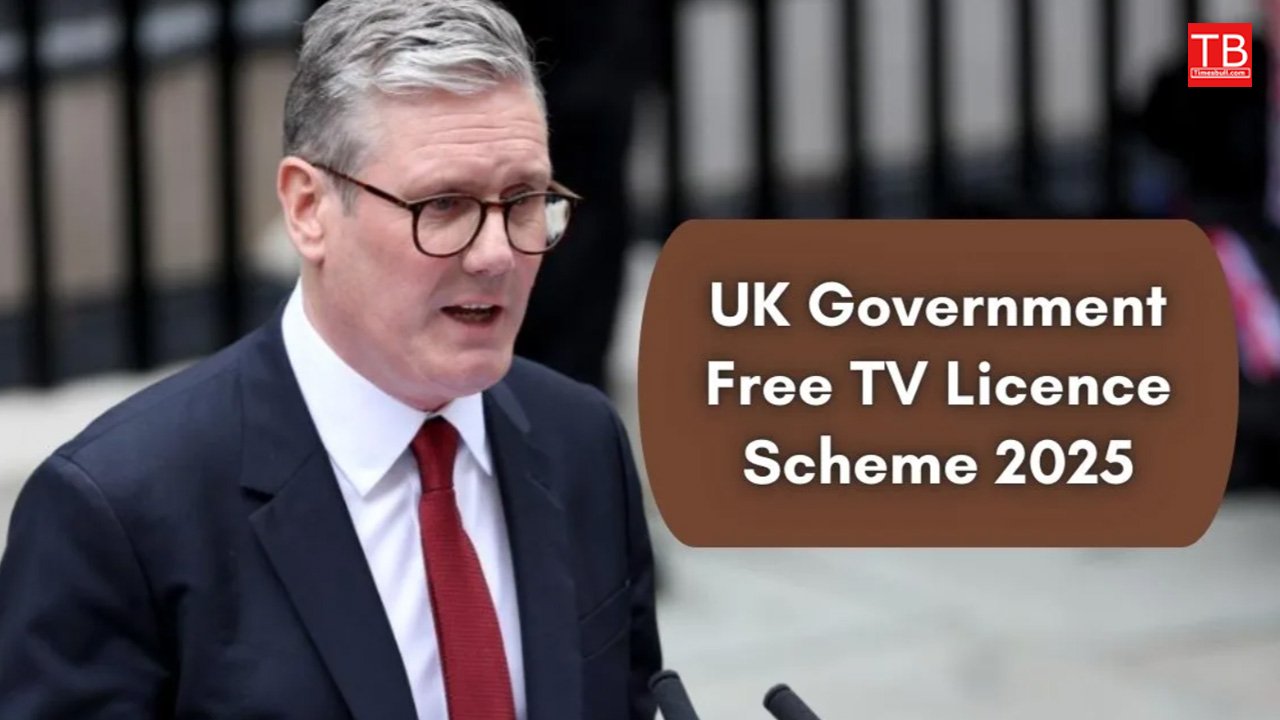The UK government has announced a massive expansion of the Free TV License scheme from 2025. Till now this facility was available only to those pensioners who have crossed a certain age or are receiving special benefits. But under the new 2025 scheme, now all pensioners across the country will get this free TV license, regardless of their level of income or other benefits. The purpose of this change is to reduce the expenses of elderly citizens, give them access to information and reduce social isolation.
Who is eligible for free TV license
From January 2025, every person in the UK who has reached the official pension age will automatically be eligible for a free TV license. This includes people living alone, pensioner couples, and residents living in care homes. Earlier, pensioners were required to be over 75 years of age and have pension credit to be eligible. Now, by removing the income check and bringing the age limit down to pension age, the Government is making it simpler and more comprehensive.
How to apply for a free TV licence
The Government plans to automate the process, but pensioners will need to make sure their details are up to date. Eligible individuals can apply via the TV Licensing website, post or the Pensioner Helpline. Applications will require proof of age, such as a National Insurance number or pension letter, and a current address. Those who already have a paid-up licence will have the remaining money automatically refunded or credited.
Automatic renewal for pensioners
The biggest complaint with the first scheme was having to reapply every year. The 2025 plan will see licences automatically renewed each year until eligibility. This will save pensioners the need to worry about paperwork or deadlines each year.
Financial impact
A normal TV licence currently costs £169.50 a year. Making it free for all pensioners would save each eligible household around £170 a year. This is particularly helpful for people with stagnant incomes and who face rising food, energy and healthcare costs.
Social engagement and mental health
TV is an important source of information, entertainment and companionship for older people. Regular TV viewing reduces loneliness and increases social engagement. The free TV licence will help all pensioners support mental health and stay connected to national and local news.
BBC funding and future
The TV licence fee pays for the BBC’s public service programming. Critics are concerned that the free licence could reduce BBC income. The Government has said this will be addressed through direct funding or budget adjustments.
Martyrdom and faith: Charlie Kirk wife Erica Kirk carries forward his legacy
Digital and online platforms
The free licence now also covers watching live or recorded broadcasts on smart TVs, tablets and laptops. However, subscriptions such as Netflix or Amazon Prime are not included.
Changes for those already paying
Pensioners who have previously been paying for a licence can switch to the free scheme by applying online or by phone. The extra payment will be automatically refunded.
Support and fraud prevention
The government has partnered with local councils, libraries and voluntary organisations to help pensioners apply. Be wary of any unsolicited emails or calls; official TV licensing will never ask for bank details.
Impact on younger viewers
Although the main benefit is to pensioners, it could also impact the funding model for public broadcasting in the UK.
Long-term benefits
The scheme will reduce financial pressure on older citizens, making them more informed and connected to society. Families will also get financial relief in supporting elderly members.
Steps pensioners should take
Check your licence status, update details and keep track of official notifications before the new scheme starts.
Final thoughts
The Free TV Licence 2025 scheme is an important step in UK social policy. It not only provides financial savings but also sends a message of respect and inclusion towards older citizens.
